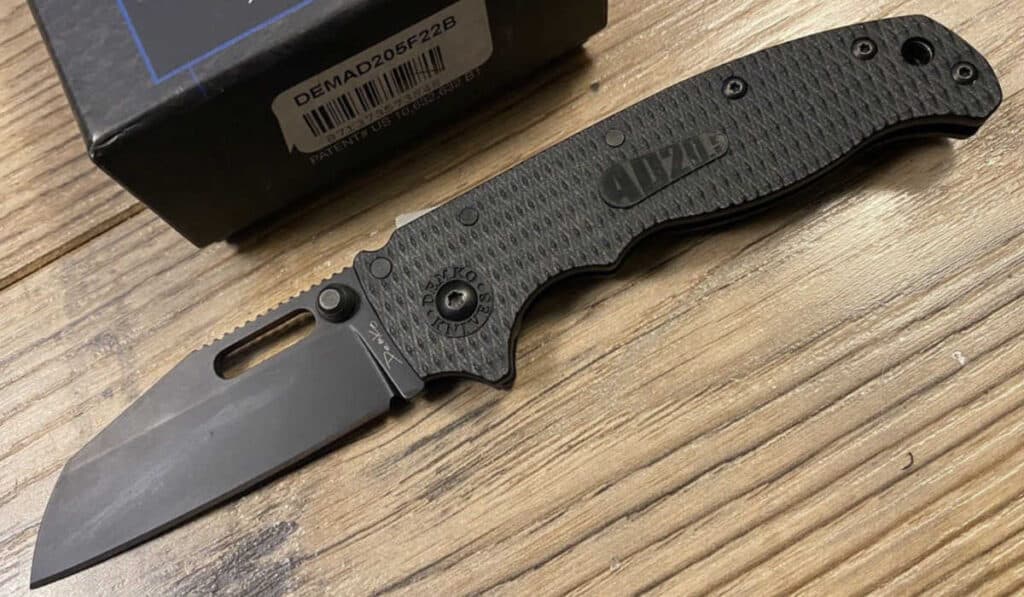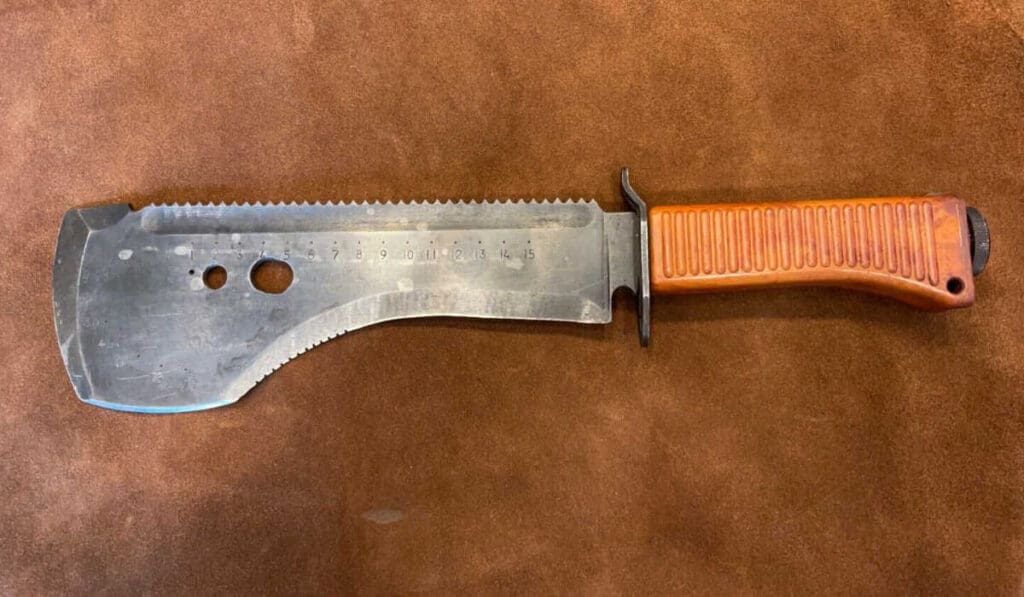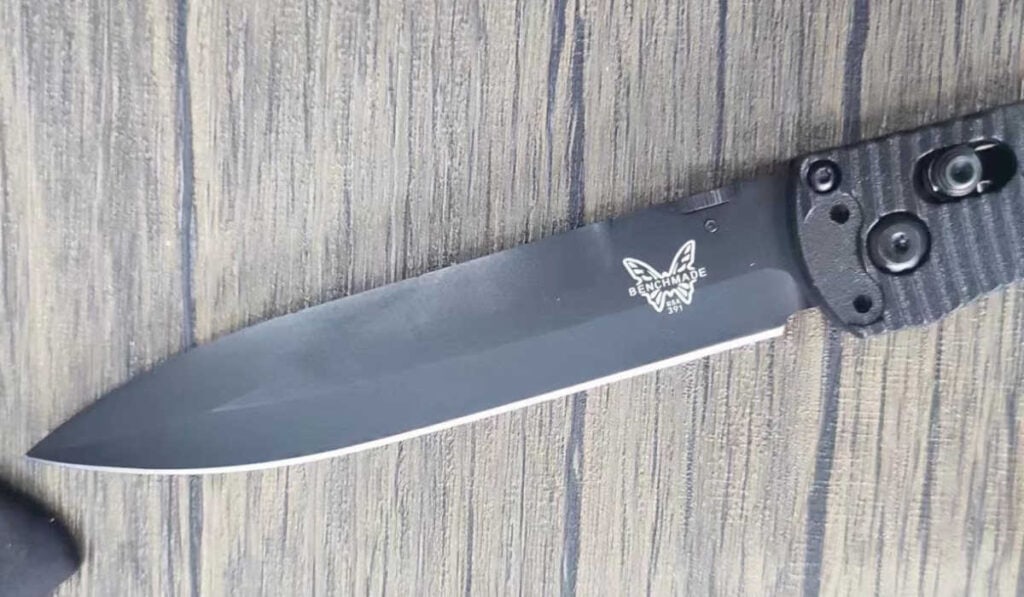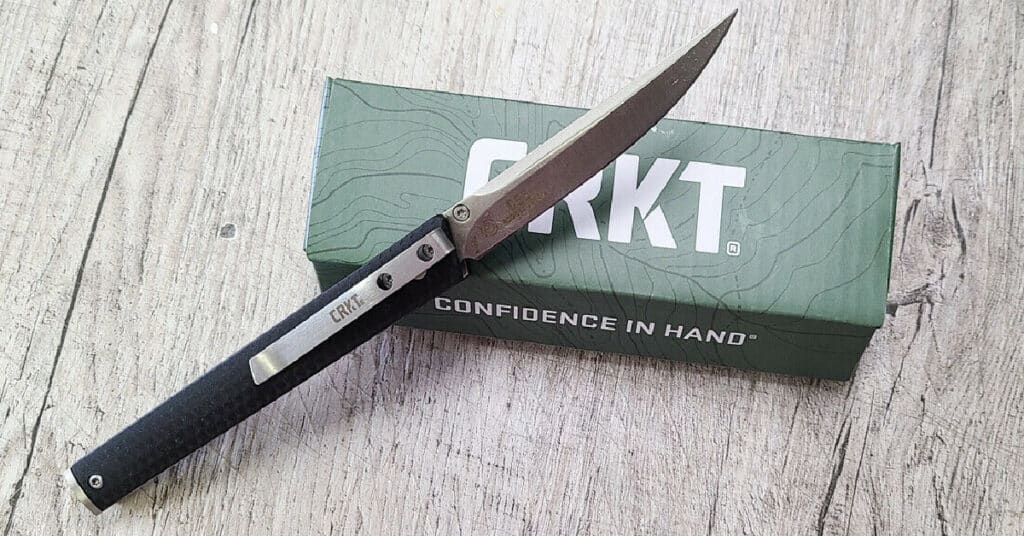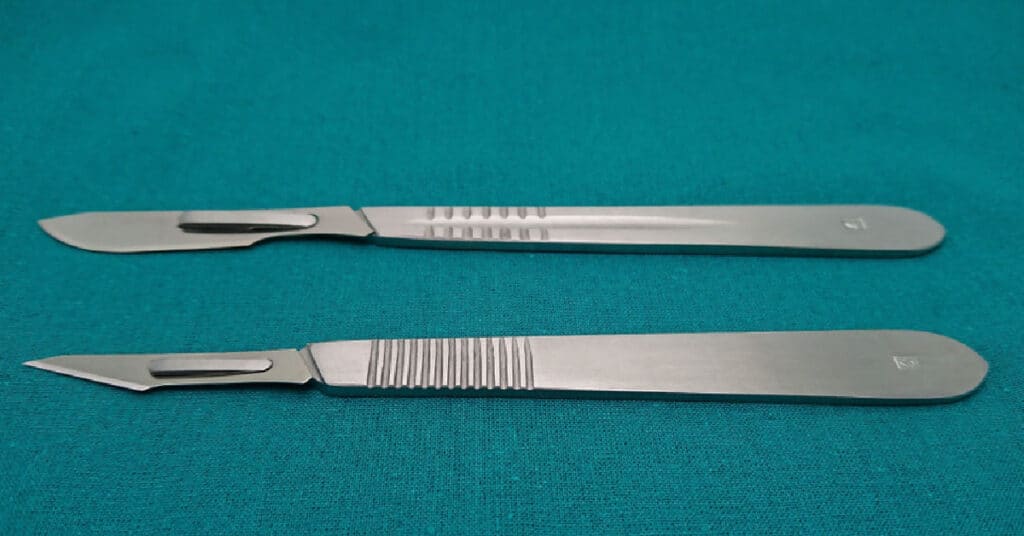Last updated on October 21st, 2023 at 02:26 am
As an Amazon Associate I earn from qualifying purchases.
The laws surrounding knife ownership and possession can be complicated, especially in the state of New Jersey.
It’s crucial to understand New Jersey’s knife laws to avoid finding yourself on the wrong side of the law, or worse yet, facing penalties for violating them.
In this guide, we’ll provide an extensive overview of New Jersey knife laws, including the types of knives you are allowed to possess within the state and any exceptions or preemption laws related to them.
We’ll also discuss potential consequences for breaking these regulations and where one can look for further information about New Jersey Knife Laws.
Our Top Rated “50-State-Legal” Knives
*These knives are listed based on their broad legality across states, but always consult your local laws before making a purchase.
Overview of New Jersey Knife Laws
Knife laws in New Jersey aim to ensure public safety while allowing individuals to carry and use knives for legal purposes. It’s vital for knife owners to comprehend the various restrictions on carrying and using knives, as well as any potential penalties for violating these laws.
Does New Jersey Have Statewide Preemption Knife Laws?
New Jersey does not have statewide preemption knife laws. Local municipalities can set their own laws regarding knife ownership and carrying, although there are certain state-wide restrictions.
Definition of a Knife
Under New Jersey law, a knife is defined as “any instrument or device that can be used to cut, stab, or otherwise cause physical injury”. This includes, but isn’t limited to, pocket knives, switchblades, butterfly knives, dirks, daggers, and stilettos.
Prohibited Knives
New Jersey law has specific restrictions on the possession of certain types of knives without an explainable lawful purpose. These include gravity knives, switchblade knives, daggers, dirks, stilettos, and ballistic knives. The law doesn’t establish a specific limit on blade length, but the intent of use is crucial in determining legality.
Possession of Knives in New Jersey
In New Jersey, both state and local laws regulate the possession and carrying of knives. It’s crucial to understand these laws before purchasing or carrying a knife in public.
Open Carry of Knives
In general, New Jersey law allows the open carry of knives, provided the intent is lawful. There isn’t a specified blade length limit in state law, although carrying a knife with a blade longer than 5 inches without a valid reason can be illegal. It’s advisable to check local regulations as some cities and towns may have their ordinances restricting the open carry of certain types of knives.
Concealed Carry of Knives
Concealment is not an issue under New Jersey State law, but carrying a knife with unlawful intent could lead to legal issues. Certain places prohibit the carrying of any kind of knife, regardless of whether they are visible or concealed. These include schools, government buildings, airports, courthouses, and other public places deemed sensitive areas by authorities.
Violations of these laws can result in serious criminal and civil penalties, so it’s crucial to know what type of knife you can possess and where you may carry it.
Penalties for Violating New Jersey Knife Laws
In New Jersey, carrying a knife unlawfully can lead to significant consequences. Possession of any knife with unlawful intent can result in a crime of the fourth degree, which could lead to fines and/or jail time depending on the circumstances surrounding the violation.
Using an illegal knife in the commission of a crime can lead to additional charges and harsher penalties, including extended jail sentences and higher fines.
Exceptions to New Jersey Knife Laws
Law Enforcement Officers and Military Personnel Exemptions: These individuals are exempt from certain knife laws in New Jersey and may carry knives for their official duties. They may also possess prohibited knives if issued for use in their job by the government.
FAQs in Relation to New Jersey Knife Law
What is the legal knife length in New Jersey?
New Jersey law doesn’t establish a specific limit on the blade length. However, knives with a blade longer than 5 inches or a total length of 10 inches may not be sold to minors, and carrying a knife with a blade longer than 5 inches without a valid reason can be illegal.
Can I legally carry a knife in New Jersey?
Generally, yes, as long as the knife is being carried for a lawful purpose. However, certain knives like switchblades and gravity knives are prohibited unless there is an explainable lawful purpose.
What kinds of knives are illegal in New Jersey?
In New Jersey, gravity knives, switchblades, daggers, dirks, stilettos, and ballistic knives are restricted and are illegal to possess “without any explainable lawful purpose.”
Whether “I like knives…” is an explainable lawful purpose is anyone’s guess…
New Jersey State Knife Law References
Official Sources of New Jersey’s Knife Laws
- 2C:39-1. Definitions: This section defines different types of knives including gravity knife, switchblade knife, and ballistic knife among others.
- 2C:39-3. Prohibited Weapons and Devices: Specifies the types of knives that are prohibited and under what conditions they are considered illegal.
- 2C:39-4. Possession of Weapons for Unlawful Purposes: Addresses possession of weapons, including knives, for unlawful purposes.
- 2C:39-5. Unlawful Possession of Weapons: Addresses unlawful possession of weapons including knives under circumstances not manifestly appropriate for lawful uses.
- 2C:39-6. Exemptions: Provides exemptions to the laws on weapons possession.
- 2C:39-9.1. Sale of Knife with Blade Length over 5 Inches or Overall Length over 10 Inches to Person Under 18: Addresses the sale of certain knives to minors.
Significant Court Cases:
| Case Title | Summary |
|---|---|
| State of New Jersey v. Montalvo | Expanded the right of self-defense in a person’s home in 2017. |
| State v. Joas | In 1961, upheld a “careless driving” statute upon a vagueness challenge related to knife use. |
| New Jersey v. Singh | In 2015, a case involving a robbery with a machete, leading to a chase and arrest. |
Conclusion
As an Amazon Associate I earn from qualifying purchases.





